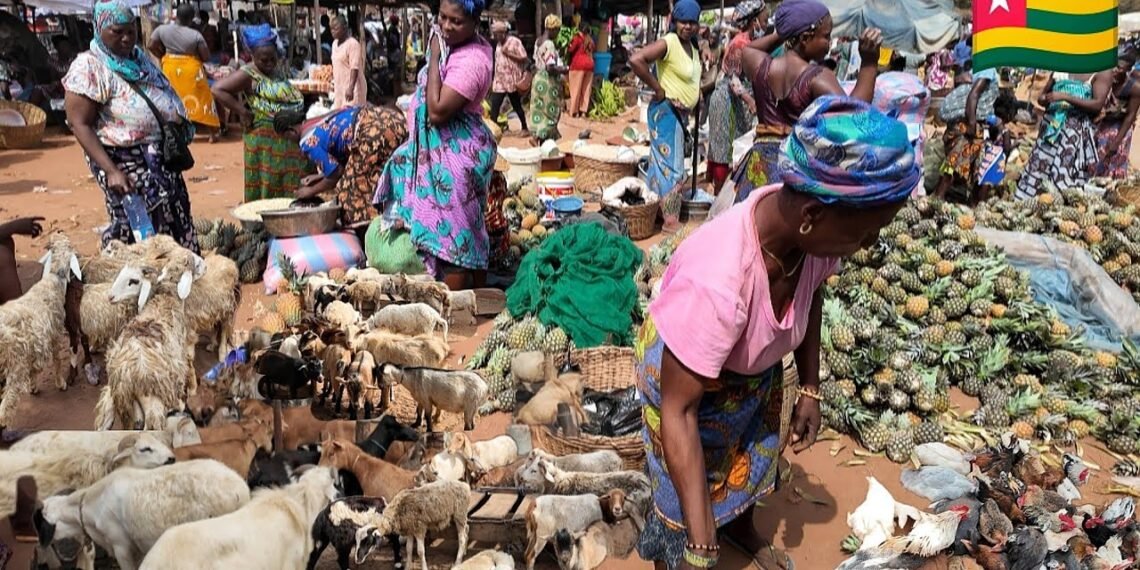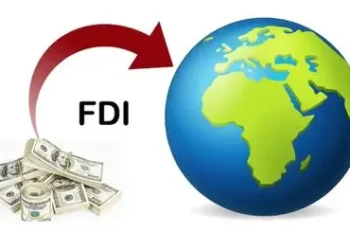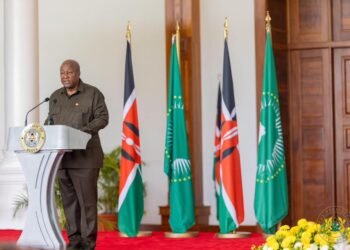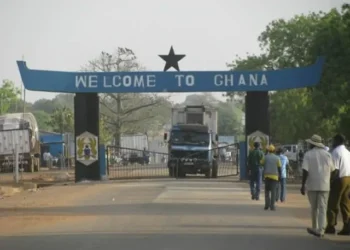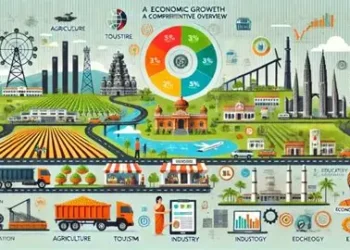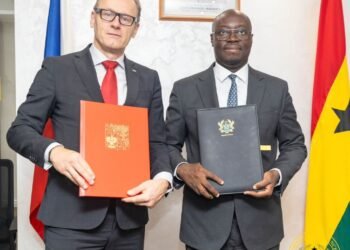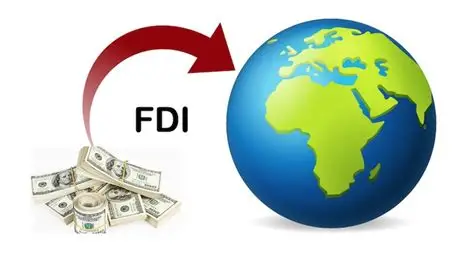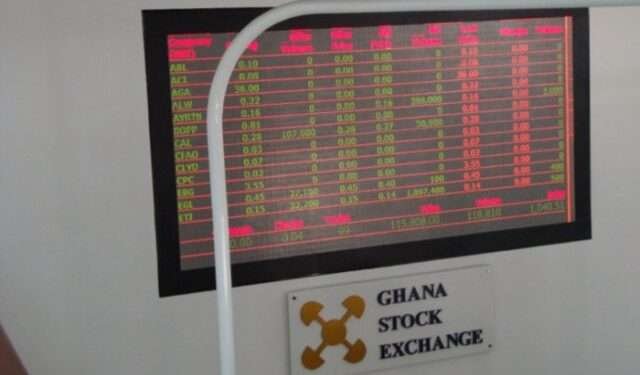The Ghana Statistical Service (GSS) in an Informal Cross-Border Trade (ICBT) Survey for the 4th quarter of 2024 (20204Q4) announced that Ghȼ 7.4 billion worth of goods moved along Ghana’s borders and calls for the Informal Sector to be supported.
The Government Statistician, Dr. Alhassan Iddrisu, emphasized the need to formalise and support the Informal Sector with access to small credit and training, upgrade of border facilities and infrastructure, harmonise regional cooperation with neighbouring countries (Togo, Burkina Faso, and Côte d’Ivoire), and boost domestic production of key imports like food stuffs.
He further called that a conducive environment is needed to make trade faster, easier, and safer for all informal traders to do business.
According to the GSS, the Informal Sector (ICBT) represent “transactions in goods and services between two or more countries that are not officially recorded, and therefore not included in official trade statistics.” That is, trade not covered by customs and not included in Ghana’s overall trade picture. Reference in the report is to transactions between Ghana and its neighbouring countries (Togo, Burkina Faso, and Côte d’Ivoire).
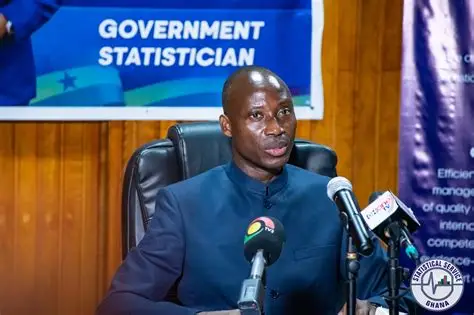
The report, first of its kind, breaks down the figures from the data collected. The data is collected from 321 active points across ten regions. Traders were interviewed or observed directly by the GSS.
Ghana’s total trade (both import and export) amounted to Ghȼ 172.7 billion while the formal sector trade amounted to Ghȼ165.3 billion. ICBT export was worth Ghȼ 3.9 billion representing 4.1% of total trade exports. ICBT import was also worth Ghȼ 3.5 billion, representing 4.7% of total trade imports.
In trading with neighbouring countries, Ghana transacts most of its ICBT with Togo than the other two neighbours (61.2% of all trade with Togo). The next neighbour with most ICBT is Cote d’Ivory (55.7% of all trade with Côte d’Ivoire). The least of the ICBT is with Burkina Faso (37.1% of all trade with Burkina Faso).
This implies that, if accounted for, informal trade could add more than half the value of current formal trade with immediate neighbouring countries.
Nature of Informal Trade Flow
Informal flows of goods and services remain an important part of Ghana’s trade story. The people living around the borders on either side with neighbouring countries, though may have different nationality, in most cases have same ethnic or family ties.
Moving to the market by walking, tricycle, motorcycle, or a vehicle ‘trotro,’ in-country, is similar to how people living in Ghana’s border communities cross the border.
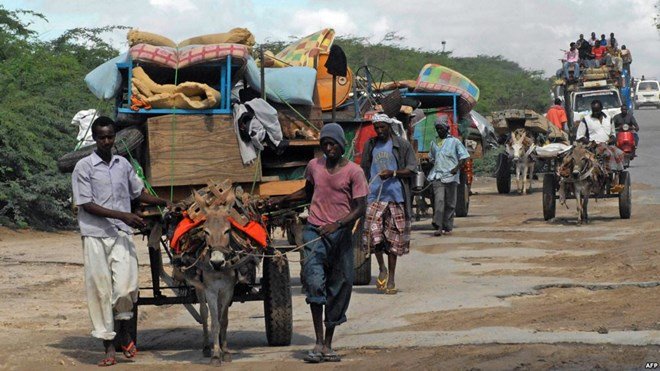
As noted by the GSS, the main mode of transport for informal goods across the border are the use of tricycles and motors. This “shows [that] mobility and trade [are] deeply connected in border communities,” the Government Statistician added in his press briefing.
Though this may reveal small quantity of goods are transported across the border at a time, it also shows that there is frequent movement within the day to make targeted trade.
Informal trade is a key determinant of Ghana’s regional commerce, employment, and food security. Though proper regulation of the sector is inadequate, its current contribution implies that the sector could contribute significantly to Ghana’s revenue.
According to the report, findings confirm that “informal trade is not marginal, it is an essential part of Ghana’s economic fabric.” It is evident that ICBT links producers and consumers across borders, ensures food availability, and sustains thousands of livelihoods, with the limited formal employment opportunities.
Informal Trade Contribution
The report provides an evidence-based understanding of how informal trade contributes to livelihoods, food supply, and regional integration which are key elements for policymaking under the African Continental Free Trade Area (AfCFTA).
According to Dr. Prince Asafu-Adjaye’s 2013 report on “Perspectives on the AfCFTA from informal economy workers in Ghana,” ICBT thrives between Ghana and her neighbouring countries. “Ghana exports approximately US$ 56.9 million worth of goods through ICBT to Burkina Faso, Côte d’Ivoire, and Togo, with imports from these nations totalling about US$ 40.3 million.” He concluded that, looking at the volume of trade, it is importance the sector is promoted by the AfCFTA.
The informal trade worth 4.3% of Ghana’s total trade for the period, is significant and sustains the communities along Ghana’s borders. Trade through unapproved roots was not captured. The GSS survey covers just what they were able to observe and value, within the 3 months focus.
This reveals a significant trade relationship between Ghana and her immediate neighbours. It calls for review of what we produce, export, and import as a country.

According to GSS, a policy change to formalise informal trade is required. Up to date, trade flows cannot be measured accurately, tax is not paid or captured, and traders especially women are exposed to risk from the absence of finance, infrastructure, and regulation.
“Recognising and integrating ICBT into national planning will improve the accuracy of trade statistics, support more inclusive economic policies, and enhance Ghana’s participation in regional trade under AfCFTA.”
GSS, Informal Cross-Border Trade Report
READ ALSO: GSE Tumbles as Benchmark Index Sheds Over 20 Points in Midweek Shake-Up

